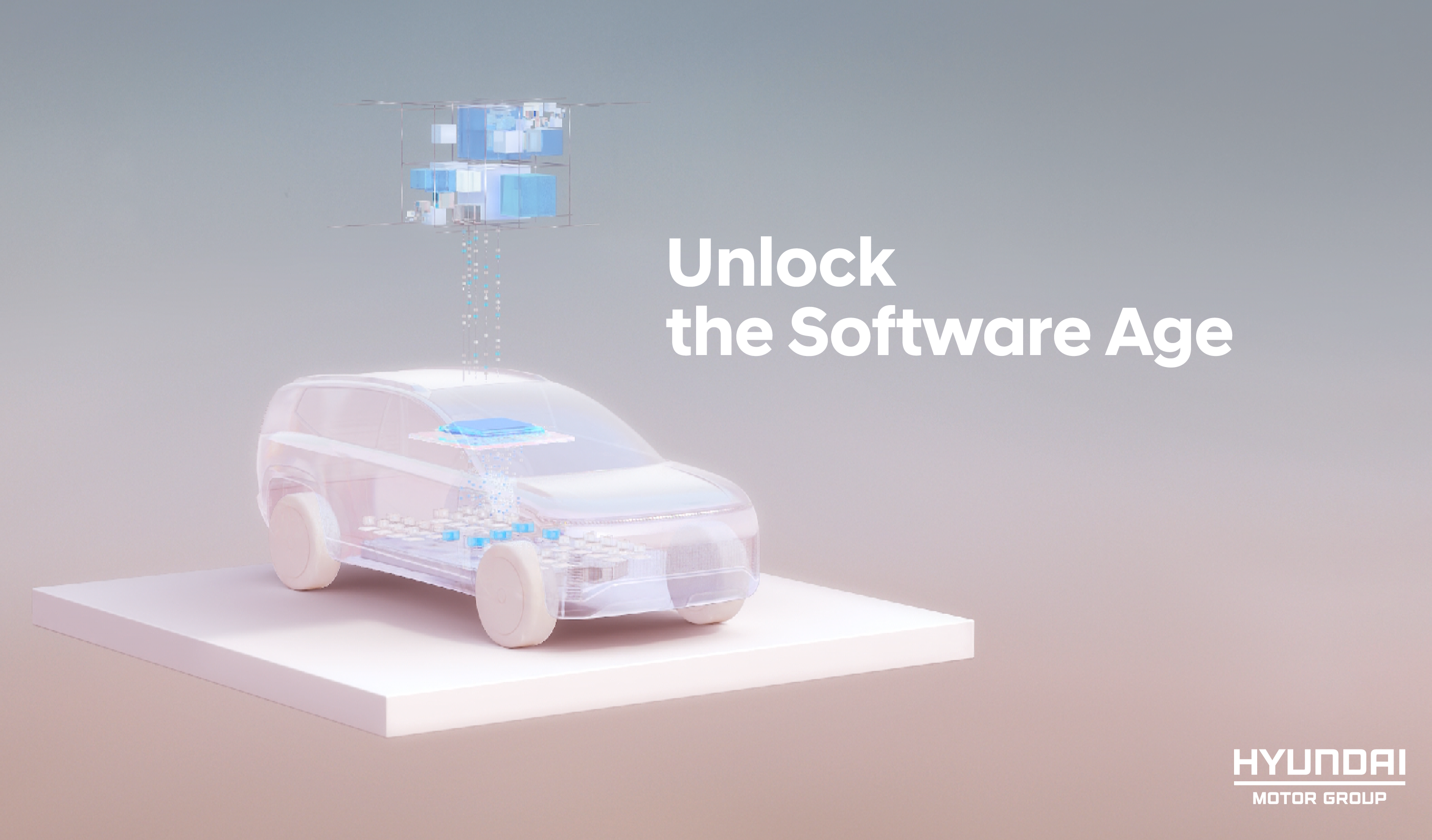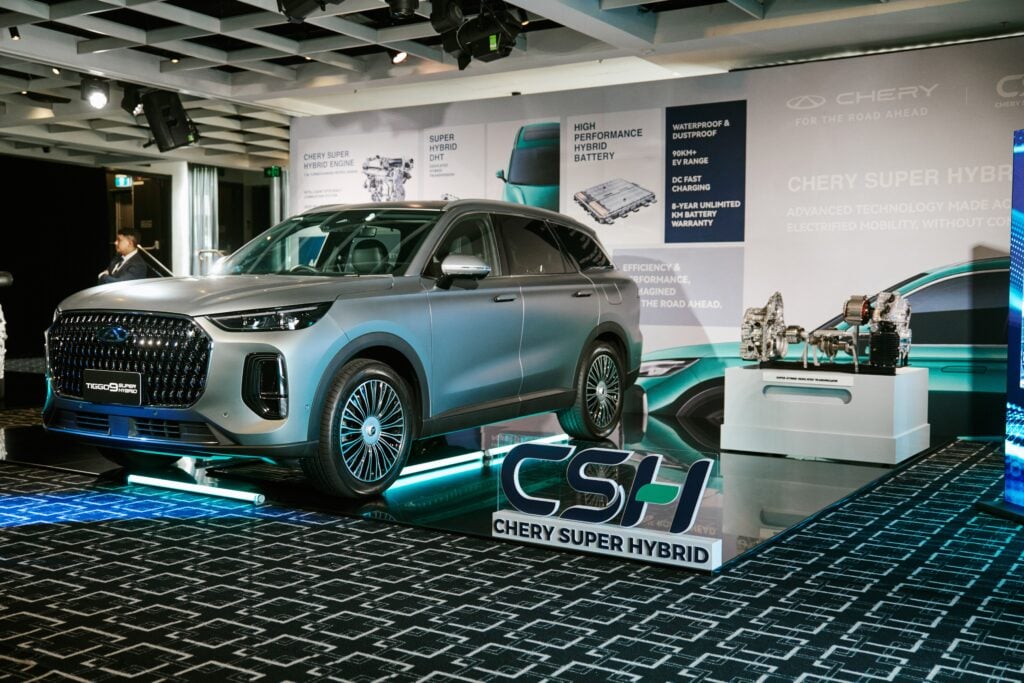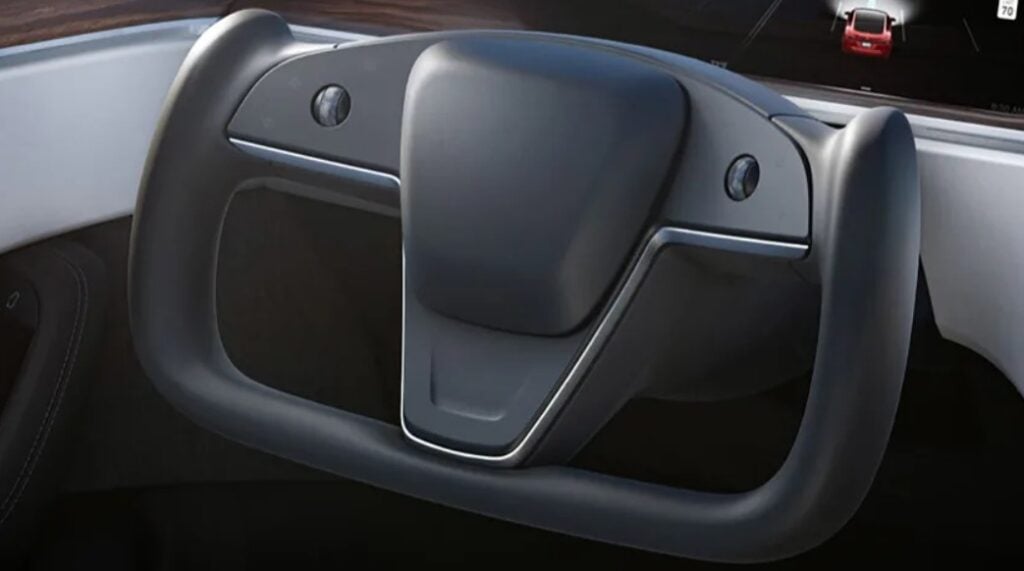Snapshot
- Hyundai, Kia and Genesis electric vehicles to get range boost
- eM and eS architectures to launch in 2025 with unified software and hardware platform
- Level Three autonomous driving to launch on Genesis G90 and Kia EV9
The Hyundai Motor Group – comprising Hyundai, Kia and Genesis – has announced two new electric vehicle platforms set to debut in 2025.
An evolution of the current E-GMP platform, the new architectures – eM for passenger vehicles and eS for ‘purpose-built vehicles’ – will include modular components that can receive performance and functionality improvements remotely.
In a similar fashion to Tesla, the Hyundai Motor Group says this will allow for a unified hardware and software platform across its EV line-up, possible through its new Connected Car Operating System (ccOS).
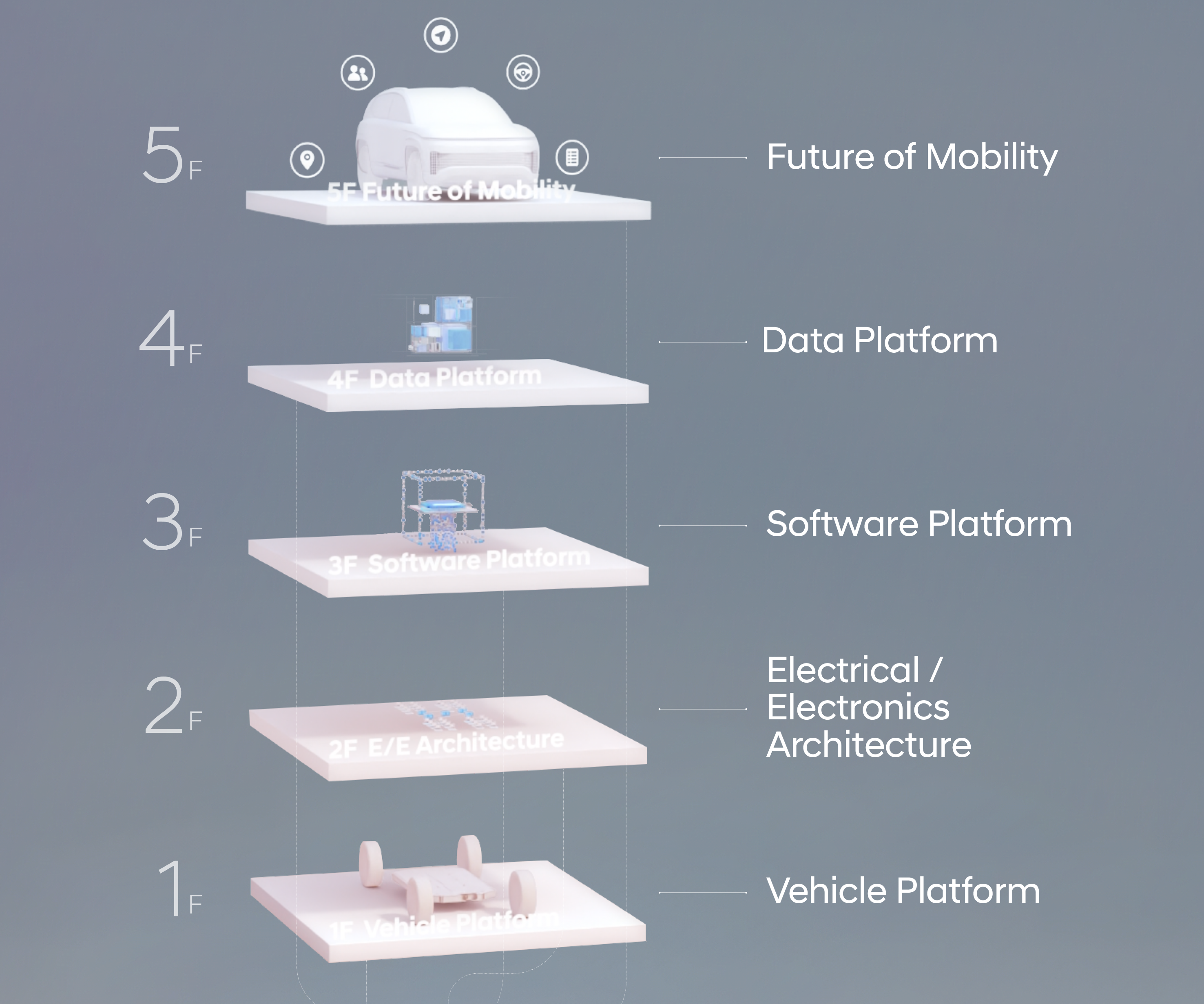
As detailed here, the electric vehicles will run Hyundai Motor’s new infotainment suite, which has been developed with technology company Nvidia.
Internal-combustion vehicles and E-GMP-based electric cars, such as the upcoming Hyundai Ioniq 7 and Kia EV9 large SUVs, will also run ccOS and support over-the-air updates by 2025.
With an integrated modular architecture, the eM and eS platforms will support a reduced number of controllers, allowing for software upgrades to improve vehicle performance and functionality.
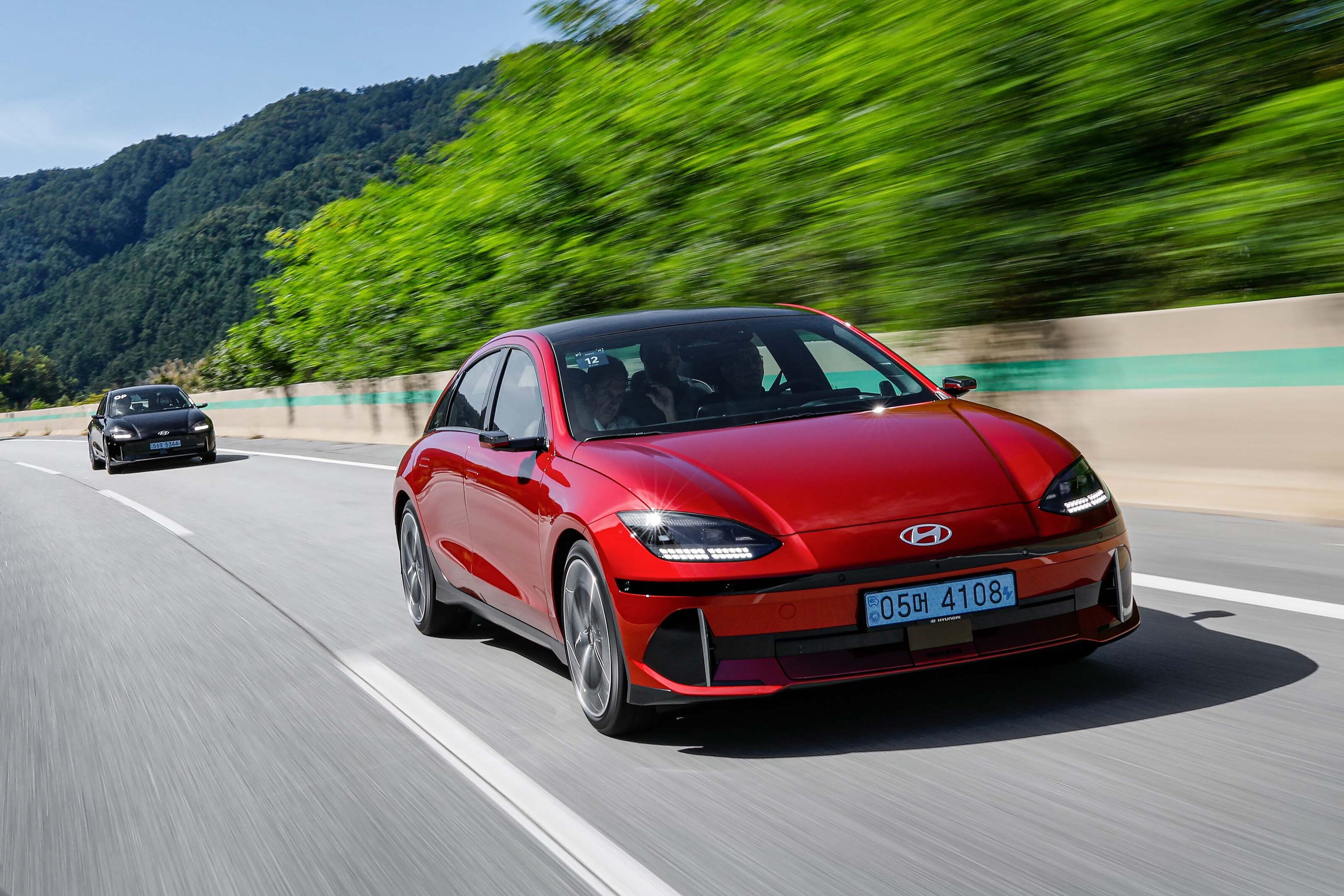
In addition, standardised electric vehicle components – including the high-voltage battery and electric motors – will allow the Hyundai Motor Group to expand its battery-powered line-up more efficiently.
It claims the eM platform will provide a 50 per cent improvement in driving range compared to the vehicles on the E-GMP platform currently found underneath the Hyundai Ioniq 5, Hyundai Ioniq 6, Kia EV6 and Genesis GV60.
The first vehicles underpinned by the next-generation eM and eS architectures will launch in 2025, with eM designed to support “Level 3 or higher” autonomous driving technology.
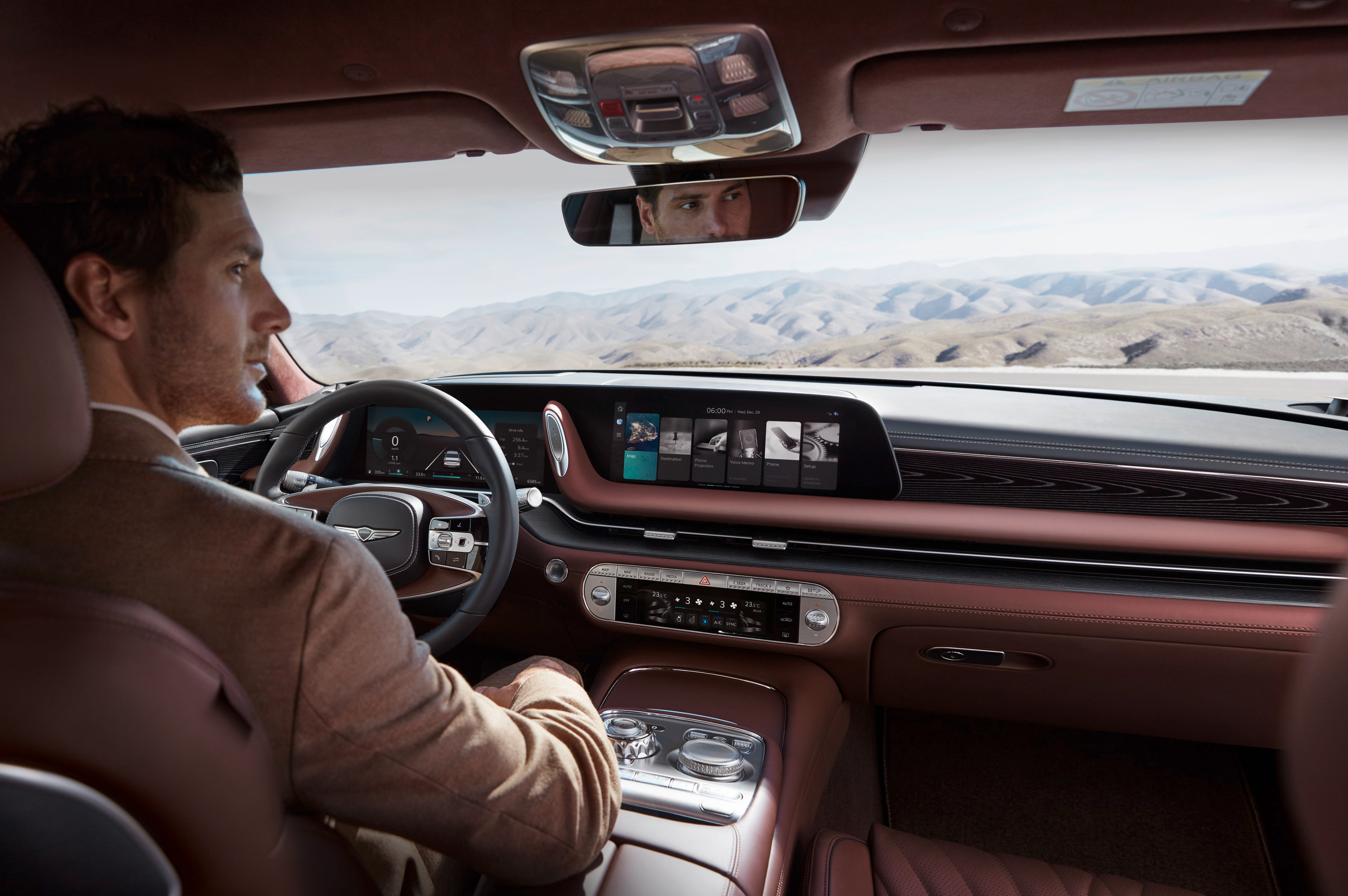
In the meantime, the company will debut level three Highway Driving Assist and automated self-parking on the Genesis G90 and Kia EV9 in 2023, based on second-generation self-driving controllers.
Hyundai Motor said its upcoming third-generation self-driving system will allow for faster computations.
Meanwhile, the eS platform is intended for ‘purpose-built’ applications with a flexible structure to “meet B2B demands, and provide tailor-made solutions for companies operating in the delivery, logistics, and car-hailing sectors.”

“The electrical and electronic architecture can be thought of as an organically connected structure that improves the function of a vehicle’s electrical device components,” said Hyung Ki Ahn, vice president of Hyundai Motor Group’s electronics development group.
The shift to ‘software-defined vehicles’ will see the Hyundai Motor Group invest 18 trillion won (AU$20 billion) into its R&D headquarters by 2030, including a new global software centre.
Genesis has announced it will move to an all-electric line-up by 2030.
We recommend
-
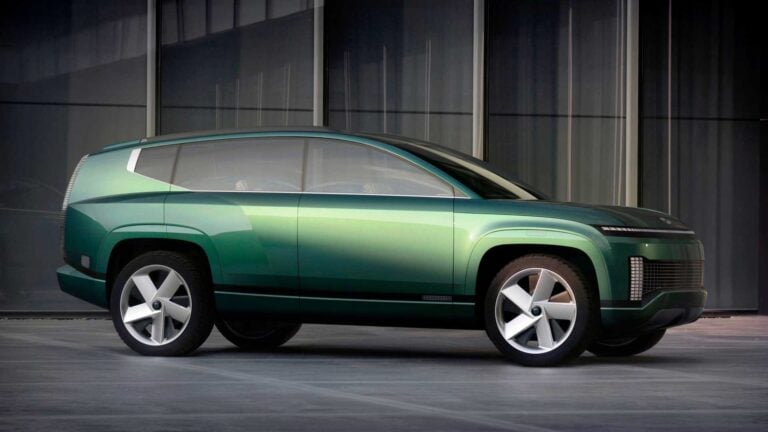 News
NewsHyundai unveils plans to launch 17 new electric vehicles by 2030
Genesis and Hyundai brands are forging ahead with plans to introduce an increasing number of battery-electric vehicles
-
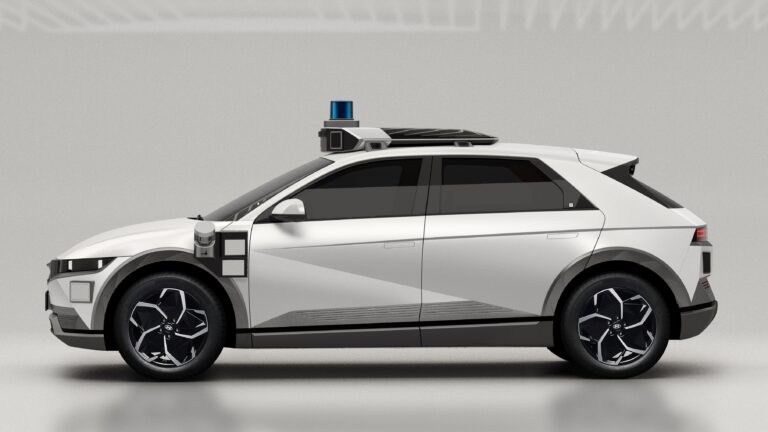 News
NewsHyundai to begin testing autonomous driving tech in 2022
A new robotaxi will soon be in operation on the streets of Seoul
-
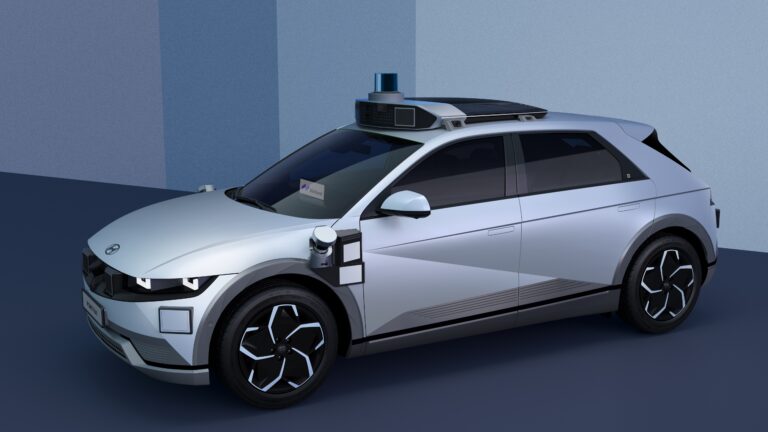 News
NewsHyundai IONIQ 5-based robotaxi unveiled
The autonomous vehicle has been developed by Motional, a joint venture between Hyundai Motor Group and tech company Aptiv


